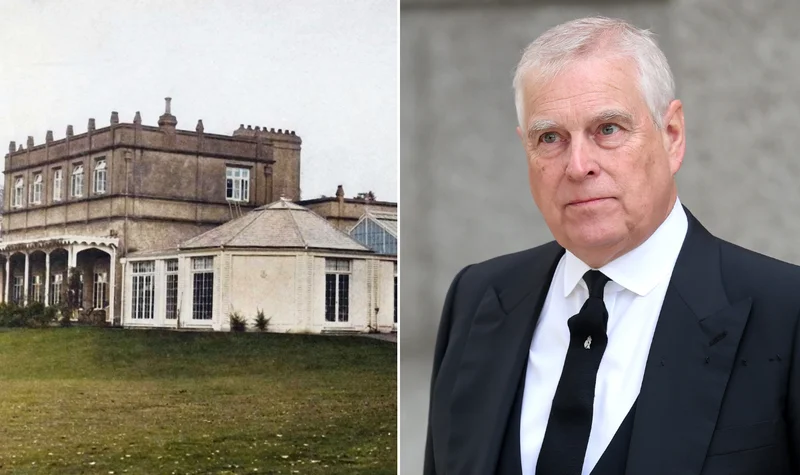Public scrutiny is intensifying over Prince Andrew’s continued residence at the opulent Royal Lodge mansion in Windsor, raising questions about the fairness of his “peppercorn rent” arrangement. The 30-bedroom property has been home to the Duke of York for over two decades, under a 75-year lease signed in 2003 and managed by the Crown Estate.
Criticism From Politicians and Public Figures
Senior Conservative Robert Jenrick voiced strong criticism, stating, “It is about time Prince Andrew took himself off to live in private. The public are sick of him.” Parliamentary committees are reportedly preparing to scrutinize the Crown Estate’s handling of the Duke’s long-term occupation, with growing calls for transparency regarding royal property arrangements.
Royal Privilege vs. Public Sentiment
Prince Andrew’s ongoing use of Royal Lodge has become a flashpoint, highlighting the tension between royal privilegeand public perception. Critics argue that maintaining such a lavish residence while embroiled in controversy is untenable, particularly given the minimal rent paid for the property.

Expert Insight
Biographer Andrew Lownie, speaking on HELLO!’s podcast, explained the difficulty in challenging the Duke’s lease. “He has this ironclad lease as long as he maintains its terms. The only way I think he can go is voluntarily,” Lownie said. He emphasized that the optics are terrible for a non-working royal to occupy a 30-room mansion.
Lownie also noted that external pressure might influence Andrew’s decision, especially concerning the future of his daughters. “If their future prospects were at stake, he might act differently,” he added.
The Ongoing Debate
As calls for transparency grow louder, the situation underscores a broader debate about royal property arrangements, privilege, and accountability. The Duke of York’s continued residence at Royal Lodge remains a symbol of the delicate balance between monarchy tradition and modern public expectations.




